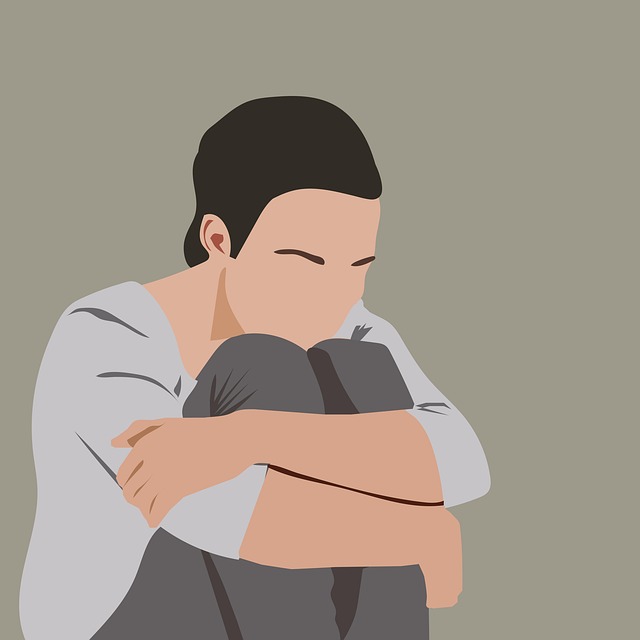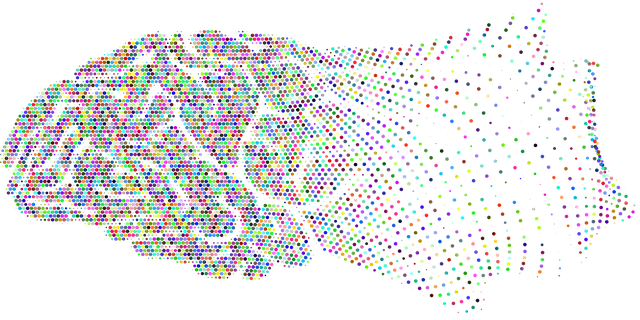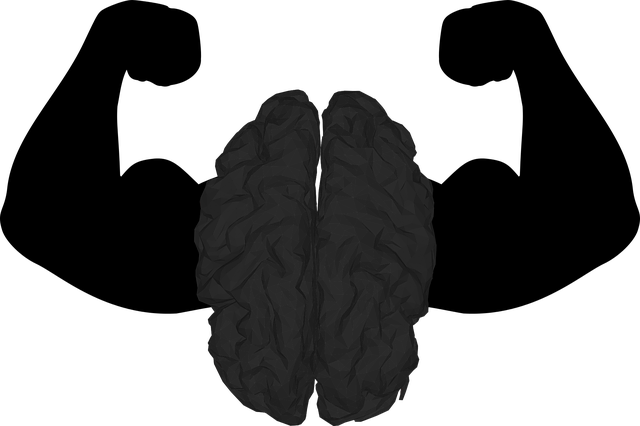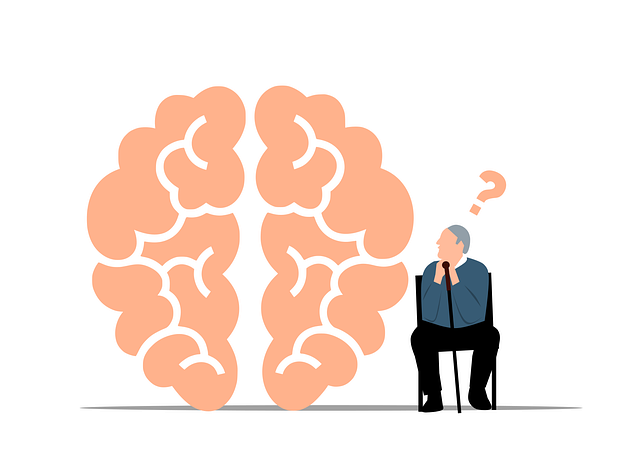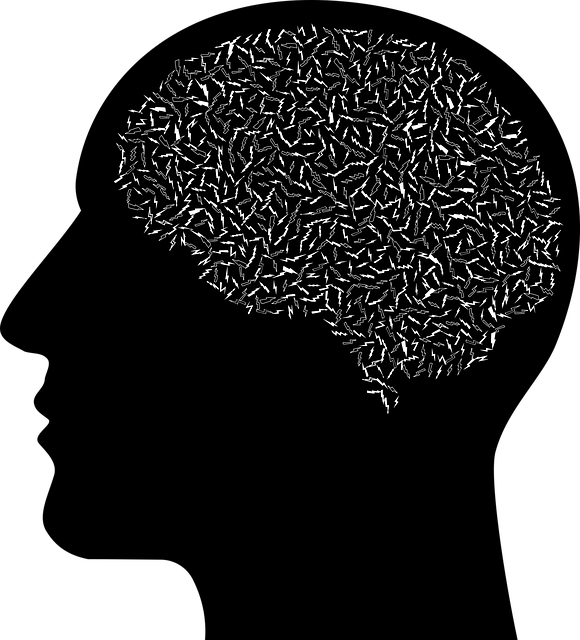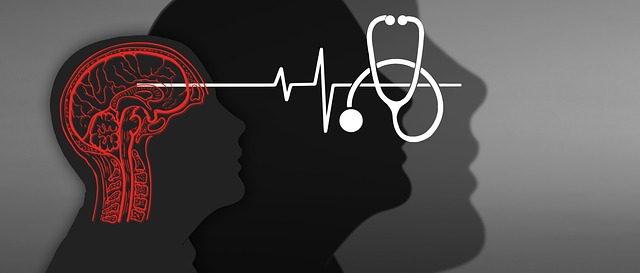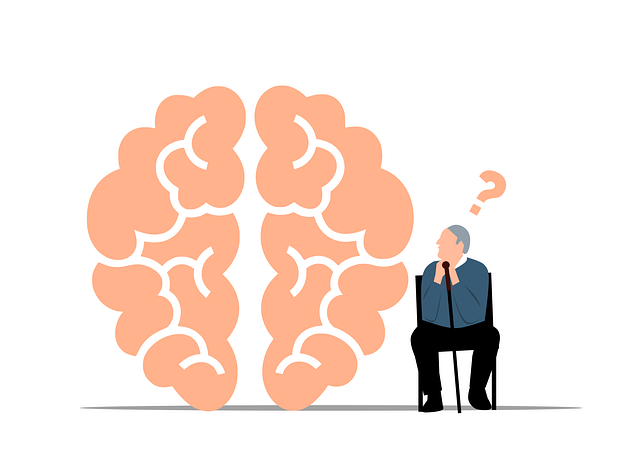Lone Tree Adolescent and Teen Therapy focuses on specialized mental wellness coaching for teens, addressing academic pressures, peer dynamics, and identity formation. Through structured sessions, evidence-based practices like CBT, community connections, and journaling exercises, their programs build resilience, promote healthy coping mechanisms, and empower teens to manage stress and navigate their mental health journeys with enhanced self-awareness. Measuring success through both quantitative and qualitative assessments demonstrates the program's effectiveness in improving areas like stress management and emotional regulation.
Mental wellness coaching programs tailored for adolescents and teens are gaining prominence, especially in communities like Lone Tree. This article explores the critical role of such programs in addressing unique mental health needs during these formative years. We delve into strategies for effective coaching, incorporating evidence-based practices, and measuring success in Lone Tree’s young clients. By understanding the specific challenges faced by adolescents, we can design targeted interventions that foster resilience and overall well-being.
- Understanding Adolescent and Teen Mental Health Needs
- The Role of a Coach in Supporting Youth
- Designing Effective Coaching Programs for This Demographic
- Incorporating Evidence-Based Practices in Therapy Coaching
- Measuring Success and Impact on Lone Tree's Young Clients
Understanding Adolescent and Teen Mental Health Needs

Adolescent and teen mental health is a critical area that requires specialized attention due to the unique challenges and developmental stages young individuals go through. According to Lone Tree Adolescent and Teen Therapy, this demographic often faces increased stress from academic pressures, peer relationships, and identity formation, which can lead to various mental health concerns such as anxiety, depression, and even suicidal ideation.
The development of effective Mental Wellness Coaching Programs requires a deep understanding of these issues. Through the creation of supportive environments and utilizing tools like Mental Wellness Podcast Series Production and Mental Wellness Journaling Exercise Guidance, coaches can effectively navigate the complex landscape of adolescent minds. By fostering open communication and providing tailored strategies, these programs aim to enhance resilience, promote healthy coping mechanisms, and ultimately support teens in navigating their mental health journeys with confidence and self-awareness.
The Role of a Coach in Supporting Youth

A coach plays a pivotal role in supporting youth navigating their mental wellness journey, especially in programs designed for adolescents and teens. At Lone Tree Adolescent and Teen Therapy, for instance, coaches serve as guiding beacons, empowering young individuals to develop essential coping strategies and conflict resolution techniques. Through structured sessions, they help teenagers identify triggers, build resilience, and cultivate healthy habits that promote emotional well-being.
Coaching goes beyond individual therapy by fostering connections within the community. This holistic approach, often incorporated into outreach programs, equips youth with skills to manage stress, resolve interpersonal conflicts, and engage in meaningful conversations. By integrating these strategies, coaches not only enhance mental wellness but also prepare teens to become resilient contributors to their communities, setting a positive course for their future.
Designing Effective Coaching Programs for This Demographic

Designing effective coaching programs for adolescents and teens requires a nuanced approach that caters to their unique needs and challenges. At Lone Tree Adolescent and Teen Therapy, we understand that this demographic often faces pressures from academic demands, social dynamics, and personal struggles. Therefore, our coaching programs are tailored to foster resilience, promote positive thinking, and equip young individuals with essential life skills.
One key aspect is integrating conflict resolution techniques that help teens navigate interpersonal challenges constructively. Additionally, encouraging positive thinking through cognitive-behavioral strategies enables them to reframe negative thoughts and build a more optimistic outlook. Moreover, community outreach program implementation can extend the benefits of coaching by creating supportive networks and enhancing participants’ sense of belonging.
Incorporating Evidence-Based Practices in Therapy Coaching

Incorporating evidence-based practices into mental wellness coaching programs is a strategic approach that enhances their effectiveness, especially for adolescent and teen therapy at Lone Tree Adolescent and Teen Therapy. Techniques such as cognitive-behavioral therapy (CBT) have been proven to improve self-esteem and resilience by helping individuals identify and challenge negative thought patterns. This structured method enables coaches to guide clients towards healthier mindsets and behaviors, fostering better coping strategies for stress management.
By integrating these practices, coaching programs can offer more substantial support tailored to the unique needs of their young clients. This not only enhances the overall therapy experience but also encourages long-term mental wellness. Self-esteem improvement, resilience building, and stress management skills are invaluable tools that empower adolescents to navigate challenges and promote a positive sense of self.
Measuring Success and Impact on Lone Tree's Young Clients

Measuring the success and impact of mental wellness coaching programs is crucial for understanding their effectiveness, especially when targeting young clients in communities like Lone Tree Adolescent and Teen Therapy. This process involves assessing both the quantitative and qualitative aspects of the program’s outcomes. For instance, tracking attendance rates, completion percentages, and client feedback can provide valuable data on program engagement. Additionally, monitoring improvements in specific areas such as stress management, emotional regulation, or self-esteem through regular assessments offers tangible evidence of progress.
The development of public awareness campaigns and mental health initiatives alongside coaching programs can further enhance their impact. Encouraging open dialogue about mental wellness through these campaigns and integrating practices like Mental Wellness Journaling Exercise Guidance can foster a supportive environment for Lone Tree’s young clients. This holistic approach ensures that not only are the immediate needs of clients being addressed, but also their long-term mental health literacy and resilience are being built.
Mental wellness coaching programs, tailored for adolescents and teens, can significantly impact their well-being. By understanding their unique mental health needs, coaches can effectively guide youth through evidence-based practices. The case study of Lone Tree’s program demonstrates that these initiatives not only enhance individual growth but also foster a supportive environment. As we continue to navigate the complex landscape of teen therapy, implementing structured coaching programs becomes an integral part of ensuring positive outcomes for young individuals seeking support in their mental health journeys.
